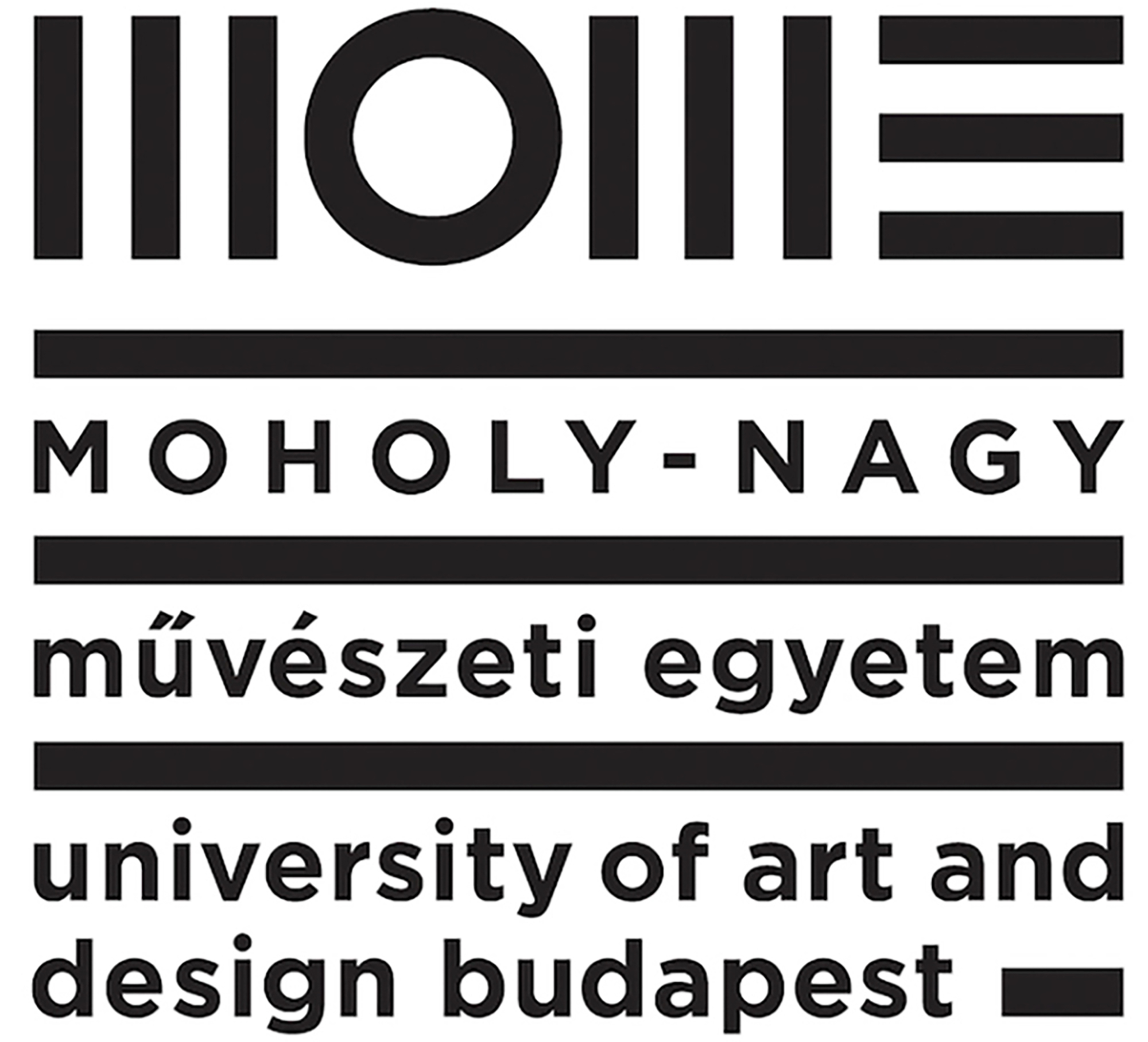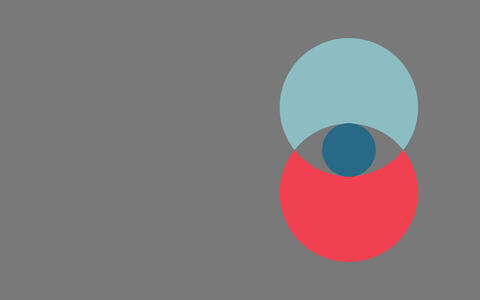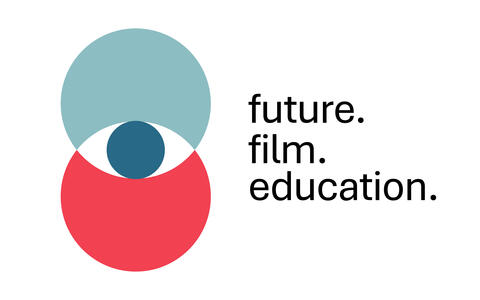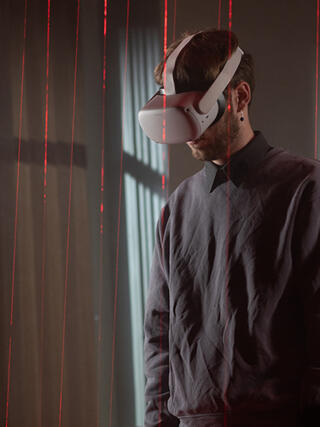Module 1: Introduction
This module introduces learners into the MOOC and why diversity matters.
Module 2: Essential for whom? Canon Creation and reflection
This module focuses on the definition of the (film) canon and a critical reflection of the process of canon creation and established film canons. It is designed to enable students to identify and question their own educational biography, academic background and personal preferences. After completing this module, students should be able to:
• define and critically question (film) canons
• be aware of the many consequences of canon creation for film schools and the cultural sector
Module 3: Media literacy for media creators
As media creators we live in a digitally connected world, where the lines between fiction and reality are constantly being challenged, as well as power structures and social dynamics. From the #metoo movement to racial and colonial reckonings, global inequalities, the COVID-19 pandemic, and the climate crisis, current affairs interact and frame the stories we tell. Social media platforms have a great influence on our daily lives and the products we work on. News, influencers, and content creators fight for the attention of audiences. How we and our audiences are informed about the world and its happenings matters. It shapes our worldview and the stories we tell, for better or for worse. In this module students learn
• how the attention economy is connected to news media, content creation and the stories they want to tell • to critically reflect on how they are informed about current affairs of the world
• to question why it matters whose stories they hear in the news (and who is left out of them)
• how to recognise media that inform from a diversity perspective
Module 4: Gender and Film
The module focuses on the gender imbalance in filmmaking. In this introduction module, participants discuss the imbalance of professions in filmmaking in a gender context.
After completing this module, students should be able to:
• understand how social, cultural and political changes in thinking about gender have affected the workplace of the film industry
• know about the phenomenon of gender pay gap
• outline recommendations for a strategy for inclusive practices in their work or study environment in order to achieve gender balance
Module 5: Gender Theory and Film
This module introduces gender theory and film. Students learn:
• how depictions of gender shape filmmaking and how persistent they are
• what the basic assumptions of gender theory, especially by Judith Butler, are
• how movies can rewrite or subvert certain gendered stereotypes
• the ways in which movies show gendered representations that move beyond classical binaries such as male/female or gay/straight
Module 6: Queer Studies
This module is an introduction into Queer Studies. Students learn:
• why the term “queer” is hard to define and how it is commonly understood in the context of filmmaking
• by what parameters queer cinema/queer filmmaking can be defined
• who some of the paragons of queer cinema are
Module 7: VR as a Tool for Promoting Diversity
This module offers a sneak peek at understanding how the sense of embodiment and the interactions in virtual reality environments can offer the recipient more immersive experiences, and how these in turn can offer an insight into other people’s perspective.
The module overviews specific VR experiences — both artistic and simulations — that enhance the character of the medium and tackle the subject of diversity. After completing this module, students should be able to:
• use key notions in regard to VR (embodiment, virtual reality, interactions, Proteus effect)
• be aware of some research tracks that explore VR in multiple interpersonal situations, especially those that deal with diversity
Module 8: Representation of disability / Conceptualising disability
This module provides an introduction in the fields of disability studies, inclusive design approach, and media representation of disability. The focus is on research activities and discussions carried out by the students. The main components of the learning process are problem definition, data collection, analysis and drawing conclusions. Students learn about:
• various perspectives of disability
• how to consider the role of society in access and inclusion
• understanding and explaining disability justice
Module 9: Representation of disability / Media Representation of Disability
Digital technologies and social media have opened up opportunities for self-determination and self-advocacy for people with disabilities, as well as for social inclusion and empowerment. The emerging ‘post model’ is a critique of previous models of disability, which suggest that the experiences and identities of people with disabilities are diverse and cannot be subsumed into one model. The boundaries between disability and 'non-disability' need to be rebuilt by including the multiple narratives of those affected. This module focuses on this issue and provides further aspects for media analysis in the fields of social media, advertising and films (e.g. disability paradox, ableism, stereotypes). After completing this module, participants should be able to describe and discuss the representation of disability in the media and analyse how the media can shape and change our vision of people with disabilities.
Module 10: Blackness and Film
This module addresses a documentary representation of Black life in Los Angeles from the 1960s. Participants are invited to have a closer look at Felicia (1965) – a 12-minute documentary portrait of an African American high school student. Felicia was shot on 16 mm film and conceived as an educational film. The documentary was made by three young filmmakers (Alan Gorg, Bob Dickson and Trevor Greenwood), who were studying at UCLA at the time. After completing this module, students should be able to describe and discuss the documentary representation of a Black teenage girl and her family’s life in the disadvantaged neighbourhood of Watts. They will have analysed the intricate interconnections between the filmmakers' formal decisions about sound and image and the ethical relationship between the filmmakers and the documented person. In addition, the social and historical references of the film allow participants to analyse how documentaries can shape and change our vision of the past and thus further our knowledge of the world we live in.
Module 11: Decolonising Film Studies
This module intends to expand the participants’ understanding of filmic representations and depictions of colonised, stereotyped and marginalised peoples. It reflects on colonialism, the process of decolonising and the need for ongoing decolonisation. It is intended to get students thinking about different, innovative and collaborative ways of contributing to decolonisation in and through film studies and filmmaking. The aim of this module is to make participants aware of the social responsibility of filmmakers and how through films and film criticism, knowledge of people and groups can be decolonised. The objective of the module is to bring about a change, create new ideas, impressions and knowledge. Learners are encouraged to inquire into why certain representations persist and why others evolve, and what could/should be done, through scholarship and practice, to change negative narratives. Critical to this course is the role of colonialism and how colonial understandings and representations of racialized people continue to shape how they are perceived and represented.
Module 12: Romani Representation in Focus
This module focuses on the representation of the Romani in images and film. It is designed to enable students to identify and address stereotypes and prejudices towards the Romani community. After completing this module, learners should be able to recognise, challenge and have an idea where deconstruction of preconceived notions and stereotypes can begin. Furthermore, participants should be able to understand their responsibility as storytellers or educators when using, creating and reading images that depict and affect the Romani communities. The module aims to create awareness and sharpen a critical eye by encouraging students to question specific representations, listen to the perspectives of the Romani communities, and find collaborative and creative ways to counter prejudices.
Module 13: Rethinking Critical Pedagogy
In the module “Rethinking Critical Pedagogy”, participants learn what critical pedagogy is and how to bring critical pedagogy to contemporary debates. After completing this module, they should be able to:
• understand how critical pedagogy works as a tool to create safe spaces in classrooms
• put in practice basic concepts of engaged pedagogy
• acquire knowledge of alternative models of pedagogy, such as Samsara
• bring critical pedagogy to important contemporary pedagogy debates
• feel empowered as a student to promote change in the classroom
Module 14: Conclusion
This module serves as a final reflection for the students.







